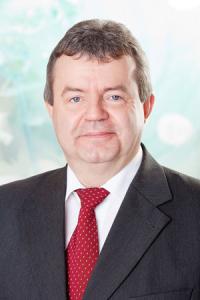Improved Monitoring of Tumor Response to Breast Cancer Therapy by Sodium Magnetic Resonance Imaging at Ultra-high Field

Breast cancer has the highest incidence and mortality from all types of cancer in females. Monitoring of neoadjuvant treatment response in the primary tumor allows direct evaluation of the chemotherapy effectiveness. However, accurate and early prediction of the response is still not possible. The currently used clinical assessment of treatment response is using palpation and measuring tumor diameter with mammography or ultrasound. However, changes in cellular physiology and metabolism reflected by changes in intracellular sodium concentration (ISC) precede morphological changes. Unfortunately, current methods for ISC mapping are suboptimal for in vivo measurements.
This study therefore aims for the development of new sodium magnetic resonance imaging (MRI) techniques sensitive to ISC and for the validation of novel non-invasive biomarker for the early detection of response to neoadjuvant treatment.
New measurement, image reconstruction, and postprocessing techniques will be optimized for clinically feasible breast MRI at 7 Tesla. Diagnostic performance of ISC as an early biomarker for discrimination between therapy responders and nonresponders will be evaluated by comparing ISC results with a gold standard - histological evaluations after surgery. The ISC will be compared to other methods/markers for tumor response evaluation such as dynamic contrast-enhanced (DCE) MRI, diffusion-weighted (DW) MRI, RECIST scores, total tissue sodium concentration (TSC), or Ki67 marker.